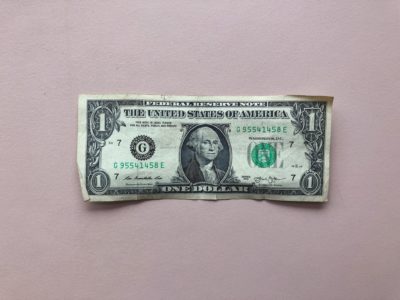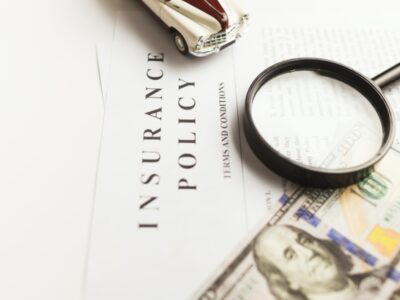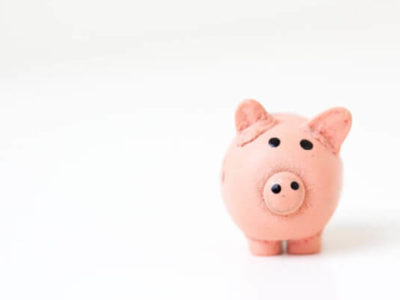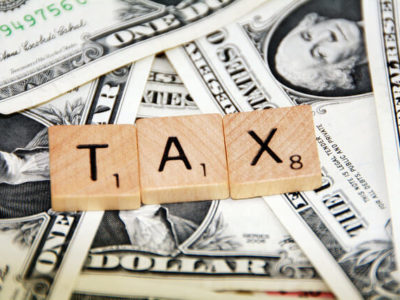College prepares you for the mysterious land called the “real world”. A place of financial responsibility, professional jobs and adulting activities such as paying for…life? Staying out till 3 am on a Monday night with your friends does not exist here, but the full financial responsibility that comes with it does. So, how does one prepare themselves for this intimidating life change? Research. When it comes to credit cards and managing financials, risky financial situations linger in the “what if” portion of your brain. If you face the reality of a financial crisis, there are some routes one can take to get out of a tight spot. Cash advances fall into this category. But, before you make the decision to take out a cash advance, there are some very important aspects to consider.
Continue reading this Q&A with personal finance expert Adair Martin to learn more about cash advances and their alternatives.
What is a cash advance?
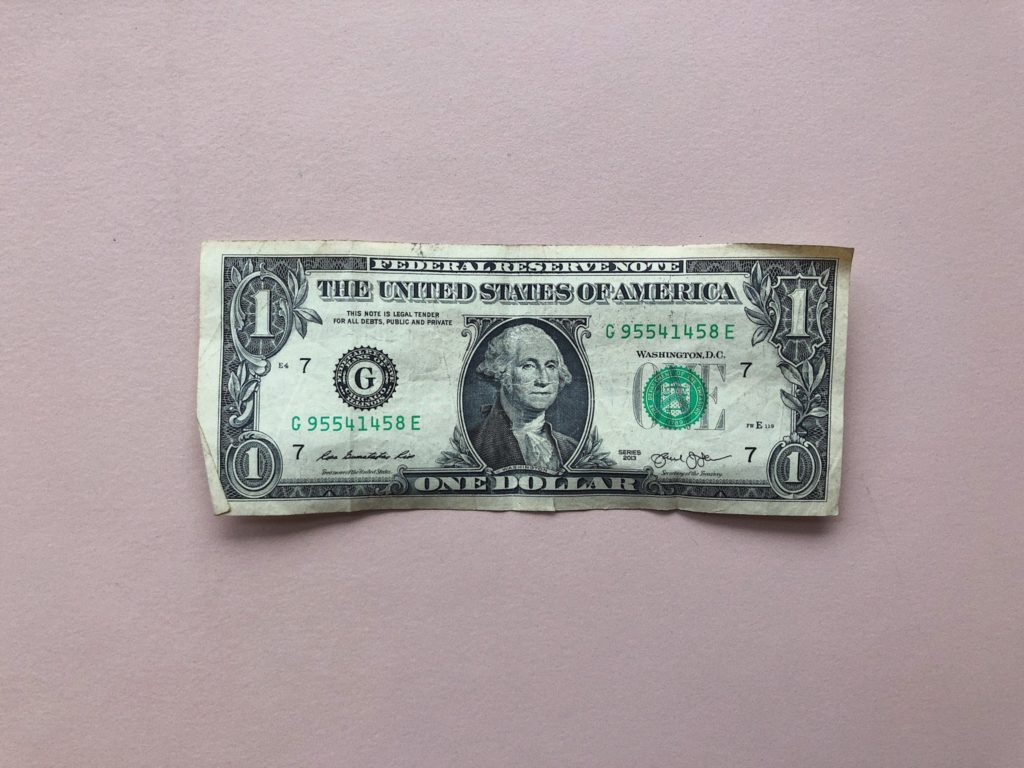
AM: “It is basically a short-term loan offered by your credit-card issuer. The cardholder is borrowing money against their card’s line of credit. They can be used in the case of an emergency and there is no other source of funds.”
What is a cash advance fee?

AM: “It is a one-time fee charged as a flat amount or as a percentage of the cash advance (whichever is greater). This fee can vary based on how you obtain the cash advance.”
What is a cash advance APR?

AM: “It is the annual percentage rate charged by the credit card company. This rate does not take into account compounding, so the actual rate the borrower pays if making monthly payments will be higher than the APR (called the EAR: Effective Annual Rate). The cash advance APR is higher than your APR on credit card charges.”
Do cash advances require a credit check/how much can you pull out with a cash advance?
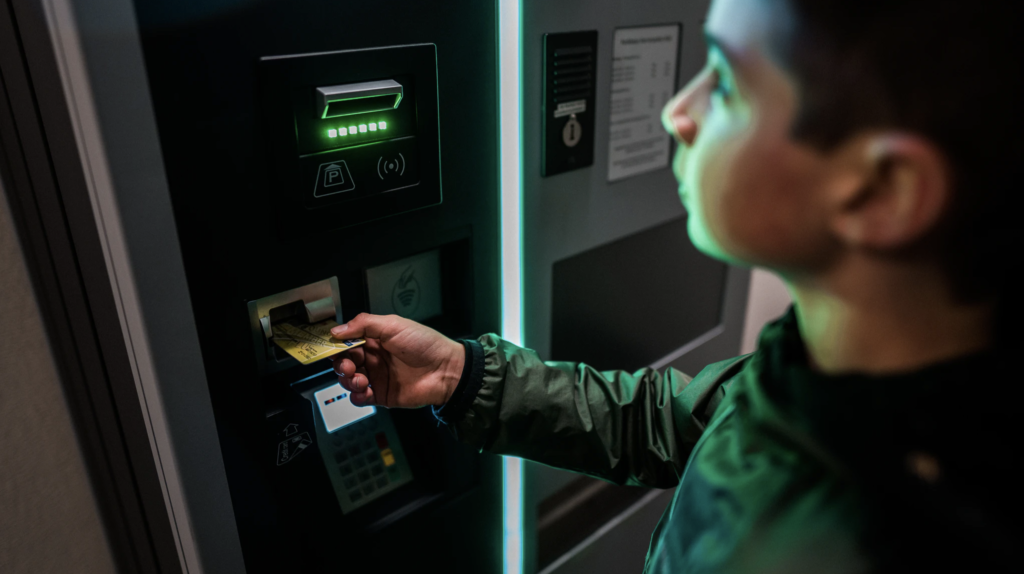
AM: “The cash advance limit is usually a percentage (20% is most common) of the credit limit (the highest amount your credit card balance is allowed to reach). Therefore, the cash advance limit is well below your credit limit. There is no credit check for the cash advance, which was done when you applied for the actual credit card the cash advance is going against.”
How does a cash advance work?
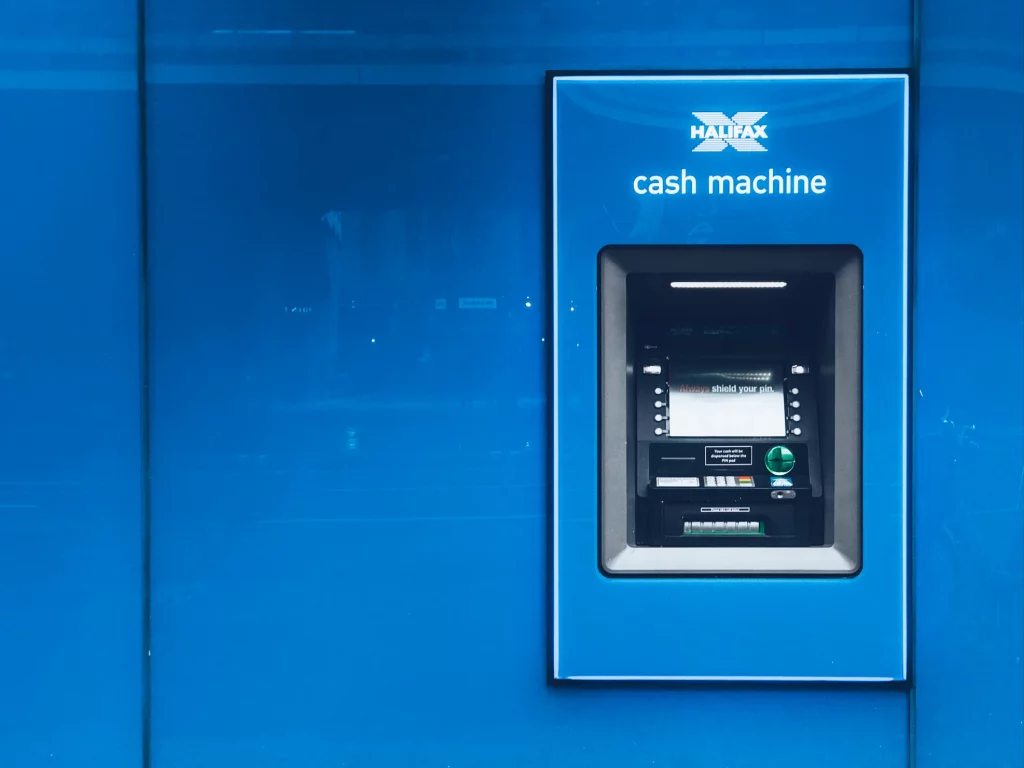
AM: “You can use your credit card at an ATM to withdraw cash (a PIN number will be needed). Or you use a check that has been provided by the credit card company. Once written, you will have a balance that will show up as part of your outstanding credit, a fee will be charged and you will have to make monthly payments, while being charged interest on this advance until completely paid off.”
Pros and cons of cash advances?
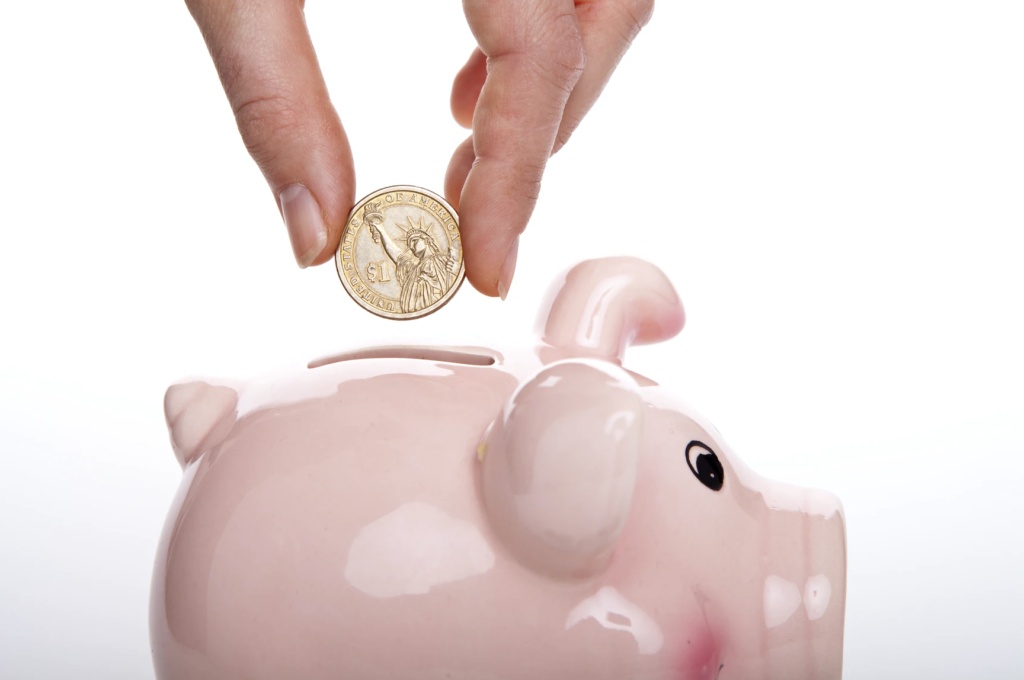
AM: “The only pro to a cash advance is convenience but cash advances are a very expensive way to borrow money. There is the cash advance fee, the APR charged, which will be much higher than your percentage charged for purchases (which is also a higher rate than any other type of lending rate). Also, there are no grace periods for cash advances, which means the interest starts accruing immediately. The current average cash advance APR is 20.73% vs. current credit card purchase APR is 16.13%.”
What are the alternatives to Cash Advances?

AM: “If you have a sound financial budget, you have an Emergency Fund you can access when you have an unexpected event which requires immediate funds. The guideline is to have between three to six months of your monthly expenses in an emergency fund (a liquid fund: one you have quick access). This is your best way to prevent the need to borrow for short-term emergencies.
However, in the event you still need quick funds you have some alternatives, although most are not good alternatives:
1. Borrow from family or friends.
2. Peer to Peer Lending Loans
3. Personal loan from traditional bank
4. Payday Loans
5. Borrowing from your 401k or Roth IRA
All of the above come at a cost and will further drain your financial resources. Some more than others. Once again, none of these alternatives are ideal. Only by saving and planning can you hopefully avoid needing to take a cash advance or use any of the above alternatives.”
What is your advice if someone is considering a cash advance? Where can individuals go to inquire about cash advances?

AM: “I teach the Personal Finance course (FINC 2400) which is available to all Auburn University Students.
This course is designed to help students make plans for managing personal financing problems involving insurance, housing, household budgeting, investments, personal and bank loans, personal credit and time value of money.
If the advice from the course is followed hopefully you would never find yourself in a position where you were in need of short-term borrowing, which has a very high cost.”

